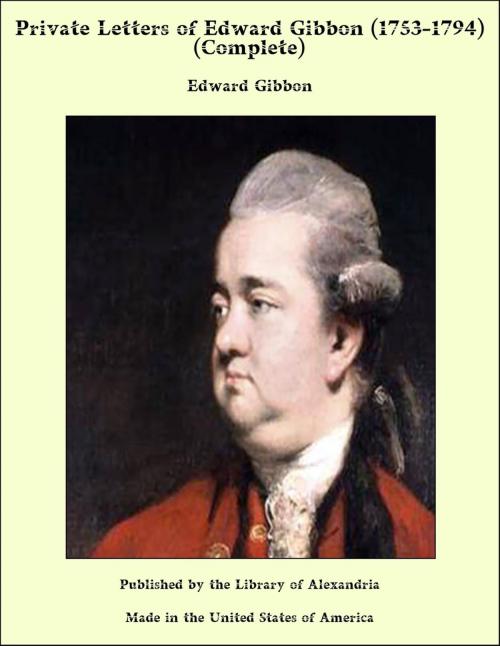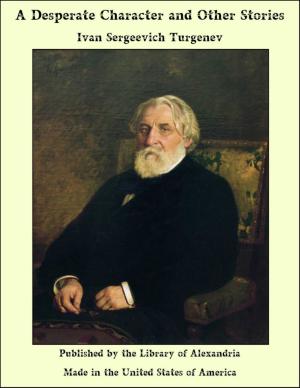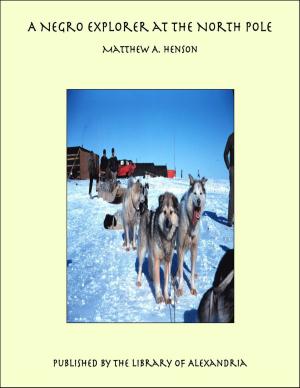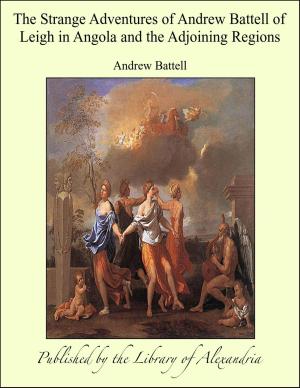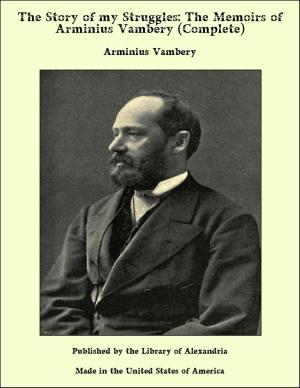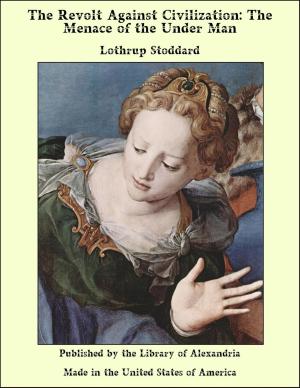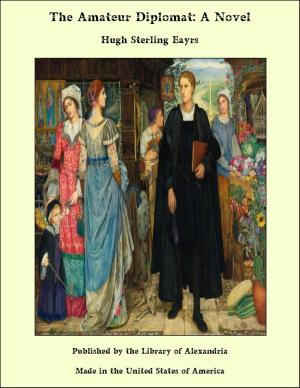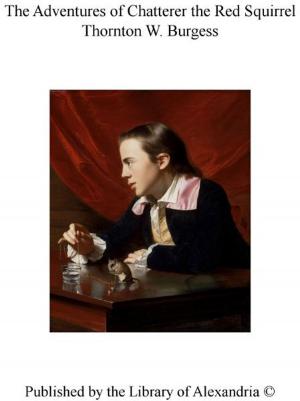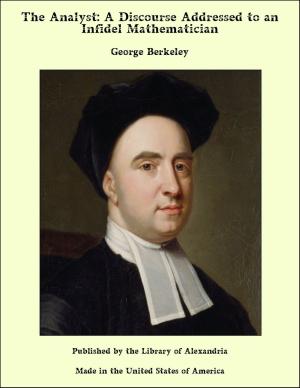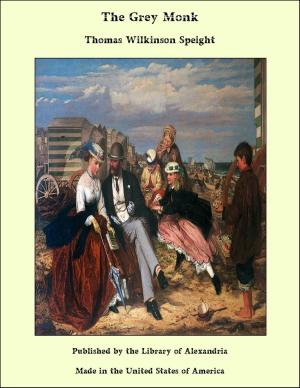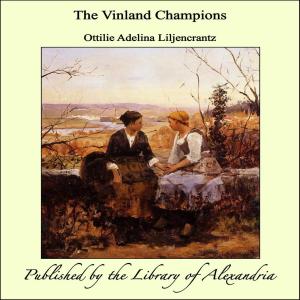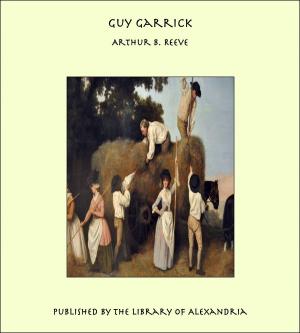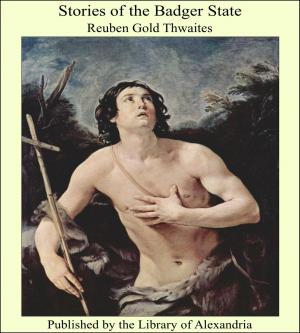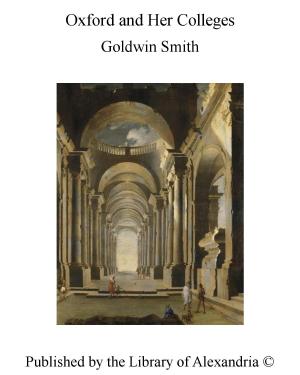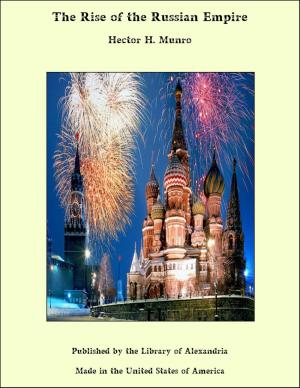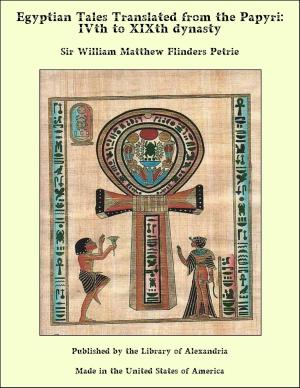Private Letters of Edward Gibbon (1753-1794) (Complete)
Nonfiction, Religion & Spirituality, New Age, History, Fiction & Literature| Author: | Edward Gibbon | ISBN: | 9781465535573 |
| Publisher: | Library of Alexandria | Publication: | March 8, 2015 |
| Imprint: | Language: | English |
| Author: | Edward Gibbon |
| ISBN: | 9781465535573 |
| Publisher: | Library of Alexandria |
| Publication: | March 8, 2015 |
| Imprint: | |
| Language: | English |
The centenary of the death of Edward Gibbon (died January, 1794, aged fifty-six) was recorded by a public commemoration held in London in November, 1894, at the instance of the Royal Historical Society. The distinguished committee of English and foreign students, who were associated on that occasion, invited me to become their President, as representing the family with which Gibbon had been so intimately connected, and which still retained the portraits, manuscripts, letters, and relics of the historian. The exhibition of these in the British Museum, and the commemoration held on November 15, reawakened interest in the work and remains of one of the greatest names in English literature; and a general desire was expressed that the manuscripts should be again collated, and that what was yet unpublished might be given to the world. As is well known, it was my grandfather, the first Earl, who made the historian almost his adopted brother, gave him a home both in town and in country, was his devisee and literary executor, and edited and published the famous Autobiography, the letters, and remains. All of these passed under Edward Gibbon's will to Lord Sheffield; and, together with books, relics, portraits, and various mementos, they have been for a century preserved by my father and myself with religions care and veneration in Sheffield Park. The original autograph manuscripts of the Memoirs, the Diaries, Letters, Note-books, etc., have now become the property of the British Museum, subject to the copyright of all the unpublished parts which was previously assigned to Mr. Murray. And it is with no little pleasure and pride that I have acceded to the request of the publishers that I would introduce these unpublished remains to the world, and thus complete the task of editing the historian, to which my grandfather devoted so great a portion of his time, not only as a testamentary duty, but as a labour of love. The connection of the historian with my grandfather, his early friend, John Holroyd, and the members of the Holroyd family, forms one of the pleasantest and also most interesting passages in literary history. It was in no way interrupted by Lord Sheffield's public and official duties; it was continued without a cloud to obscure their intimacy, until it was sundered by death; and the Earl, who survived his friend so long, continued to edit and to publish the manuscripts left in his hands for some twenty years after the death of the historian.
The centenary of the death of Edward Gibbon (died January, 1794, aged fifty-six) was recorded by a public commemoration held in London in November, 1894, at the instance of the Royal Historical Society. The distinguished committee of English and foreign students, who were associated on that occasion, invited me to become their President, as representing the family with which Gibbon had been so intimately connected, and which still retained the portraits, manuscripts, letters, and relics of the historian. The exhibition of these in the British Museum, and the commemoration held on November 15, reawakened interest in the work and remains of one of the greatest names in English literature; and a general desire was expressed that the manuscripts should be again collated, and that what was yet unpublished might be given to the world. As is well known, it was my grandfather, the first Earl, who made the historian almost his adopted brother, gave him a home both in town and in country, was his devisee and literary executor, and edited and published the famous Autobiography, the letters, and remains. All of these passed under Edward Gibbon's will to Lord Sheffield; and, together with books, relics, portraits, and various mementos, they have been for a century preserved by my father and myself with religions care and veneration in Sheffield Park. The original autograph manuscripts of the Memoirs, the Diaries, Letters, Note-books, etc., have now become the property of the British Museum, subject to the copyright of all the unpublished parts which was previously assigned to Mr. Murray. And it is with no little pleasure and pride that I have acceded to the request of the publishers that I would introduce these unpublished remains to the world, and thus complete the task of editing the historian, to which my grandfather devoted so great a portion of his time, not only as a testamentary duty, but as a labour of love. The connection of the historian with my grandfather, his early friend, John Holroyd, and the members of the Holroyd family, forms one of the pleasantest and also most interesting passages in literary history. It was in no way interrupted by Lord Sheffield's public and official duties; it was continued without a cloud to obscure their intimacy, until it was sundered by death; and the Earl, who survived his friend so long, continued to edit and to publish the manuscripts left in his hands for some twenty years after the death of the historian.
